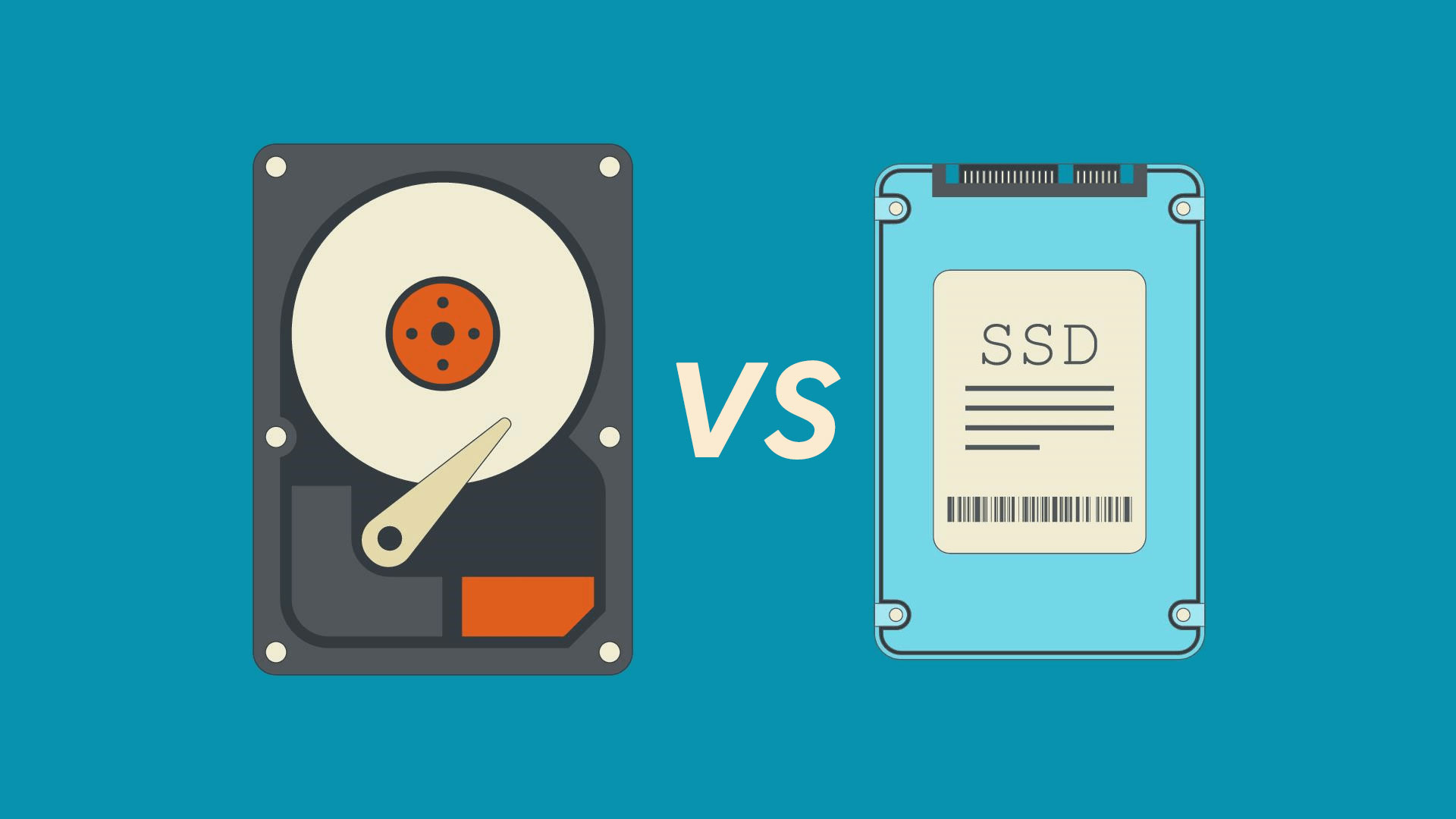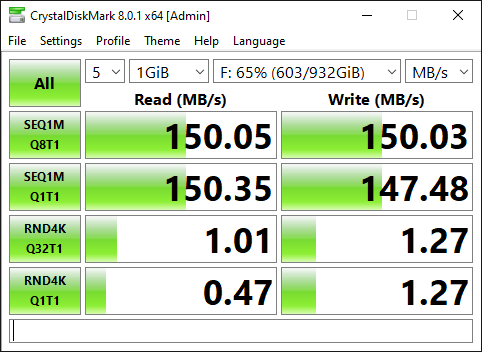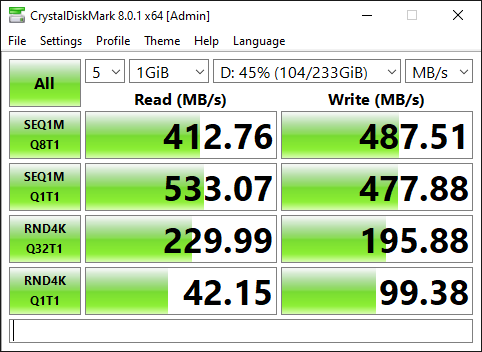Most of us buy computers, gaming consoles, laptops, servers, or any device with storage options, and we all notice HDD and SSD terms most of the time. What are they? Which one is better? Let’s check them out in detail.
Hard Disk Drive (HDD) and Solid State Drive (SSD) both are the most used storage hardware units and being utilized from our home to industrial data centers. Both HDD and SSD have their own advantages and disadvantages.

Almost a decade ago, HDDs were the only viable option for everyday storage options, but now SSDs are often used on high-end machines and most branded laptops.
Even some experts use it as a boot drive or cache drive to speed up the overall performance of the computers.
If you have made a decision to buy a storage unit and still in doubt then read ahead to major reasons to use HDD and SSD.
Go with HDD if you…
- are in a tight budget and what plenty of storage.
- want to store a large amount of data.
- want to make a simple yet low-cost system.
You will get much more space to store a lot of data, but the system’s boot-up time, application launch time, and file read-write speed will be average.
Go with SSD if you…
- want to increase overall system speed.
- have a sufficient budget to afford the extra cost.
You will get a superior boost in overall system performance. The system will boot faster, the application will launch snappier and you can read-write files quicker.
Go with Both if you…
- want to build powerful but a system for data storage too.
- just want to increase system speed only, not data storage.
- want to store a large amount of data or short-term backups.
This is a cost-saving option if you want the taste of both in a smart way.
SSDs are faster, so better to use them as a primary drive for system boot, applications, and cache files. On the other side use HDDs for storage drive only, as they are way cheaper and offer plenty of storage space.
Let’s compare both of them in detail, so we can be specific while making a purchase.
| Features | HDD (Hard Disk Drive) | SSD (Solid State Drive) |
|---|---|---|
| Average capacity. | Around 500 GB to 10 TB. | Around 128 GB to 512 GB. |
| Average cost/GB. | Cheaper (~$0.04/GB). | Expensive (~$0.20/GB). |
| Disk encryption. | Full Disk Encryption – FDE. (In Supported Models) | Full Disk Encryption – FDE. (In Supported Models) |
| General failure rate. | 3 to 5 years. | Over 5 to 10 years. |
| Read and write speed. (CrystalDiskMark) | 120 ~ 150 MB/s, and over. | 200 ~ 550 MB/s, and over. |
| Heating issues? | HDDs don’t produce heat, but their moving parts do generate heat. | A lower amount of heat is there but the case cools down the unit. |
| Magnetism affected? | Yes, it can erase data too. | No, safe from magnets. |
| Noise levels. | Audible clicks and disk spinning sounds. | No sound as no moving mechanics available. |
| OS boot-time. | Over 30 seconds (Windows 10) | 10 to 15 seconds (Windows 10) |
| Power draw. | 6 to 7 Watts. | 2 to 3 Watts. |
| Vibrations. | Some vibrations. | No vibration at all. |
| Special note. | Don’t move HDDs in a working state. | SSDs can be moved in a working state. |
I hope this table will help you to understand what is a better option for you and you’ll make the right buying decision.
Leave a Reply